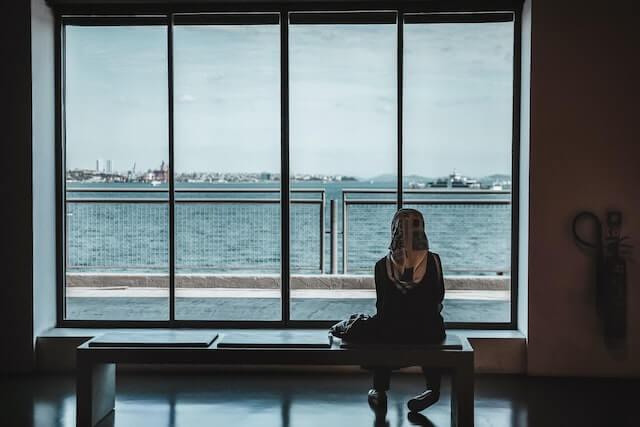Muslims in the West and “Cultural Diversity”

“Cultural Diversity” can be described as one of the most positive concepts that the west had been mentioned in the past decades. It includes coexisting peacefully with different religions, races, and ideologies.
Muslims in the West do enjoy some levels of freedom and equality, such as the right to obtain citizenship and of course, the sense of security refugees get. But is the west really ready to pursue this truly? Cultural Diversity?
Will they sacrifice what’s in their good interest if they were blackmailed by other oppressive regimes? What does the recent USA decision to block 130$ million in aid from Egypt mean?
Is their decision related to human rights violations in Egypt as Washington claims, or is it pressure the country to normalize its relations with Isreal, not by following Sadat’s steps, but by abolishing all borders between them?

There are many questions and few answers to find about this concept. There are now many considerations to take into mind when dealing with the west latest headlines and decisions, including Freedom, Democracy, Equal Citizenship, and Cultural Diversity.
None of these is easy to achieve and each faces its own pressure. Now the people in the west are facing the pressure of the current economic status, which was the result of the Russian-Ukrainian war and the increase in fuel and energy prices.
In recent months, the high prices were the main concern for many living in the west. Many governments have found themselves compelled to provide large budgets to support citizens financially so they are able to cover their energy bills.
One of many is Germany, which has provided 65 billion euros to support citizens’ bills. And most European countries have provided tens of billions of support to help citizens in these difficult times. This support is expected to cost the British treasury more than 100 billion pounds.
But to what extent will the Westerners bear these pressures?
President Biden’s visit to Saudi Arabia and Israel last July was an indication of expected shifts in Western policies towards the region.
The changes will be:s
- To ensure the flow of oil again at rates that can compensate for the shortage of supplies caused by Russia
- To ensure normalization of the relation between Arab countries and Isreal
- To reduce the West’s interest in the issues of democracy and human rights in the Arab reign
These changes will of course affect the Muslim communities within Europe, which have become the constant target of the legislation that aims to limit their presence and activity.
This time, those goals will not be limited to Westerners, but rather the governments of some Arab and Islamic countries will also contribute to this, openly or secretly.
It is true that the new King of Britain put forward positive opinions about Islam in several speeches, and it is also true that there is a limited representation of Muslims in Western official institutions.

In the last 25 years, Westerners have retreated from their enthusiasm for many of these statements, especially human rights and the promotion of democracy, you can see that in:
First: Expanding the scope of what can be identified as “Terrorism”. Even though these definitions were important as it was used by politicians, intellectuals, and media professionals, they are now broad and can easily be manipulated to attack the act of religion itself instead of terrorists.
Terrorism is no longer associated with senseless killing, bloodshed, destruction, etc. It is however associated with Islam and used to justify stopping religious scholars, preachers, writers, and activists, in the airport for security checks
Second: The role some governments play in sending young Muslim men and women to join terrorist groups in Syria and Iraq. Among those where the young British woman, of Bengali Origin, Shamima Begum.
In 2015, Shamima went to Syria alongside two other girls to join the “Mujahideen” group. There she married and had two children who died after their birth, and her husband was also killed in the battles. After which, the British authorities withdrew her citizenship and prevented her from returning.
It was later discovered that those girls went to Syria with the help of Western intelligence services.
Third: The British program “Prevent”. The issuance of this law had caused many resentments among Islamic institutions.
Perhaps some were enthusiastic about it at first when it was said that it aims to curb extremism and prevent the growth of the phenomenon in British society (and other European societies). Many had suffered the target of extremists, and Islamic institutions were not immune from its effects. Indeed, some Muslim mosques were attacked and burned by extremist “Islamic” groups.
But still, many agree that the government’s methods had not achieved the required results> Prevent program targeted Islam more than actual extremists.
Fourth: Allowing security authorities to be selective in their implementation of the law and not abiding by the concept of equal citizenship.
Hence, the Muslim citizen feels that he is being targeted and that there is a clear selectivity, despite official statements and the exchange of congratulations on holidays and some political and civil appointments.
Disclaimer: some of the translations were edited in length for some clarity
Translated from Al quds | Source
Read More
ShortURL ⬇

